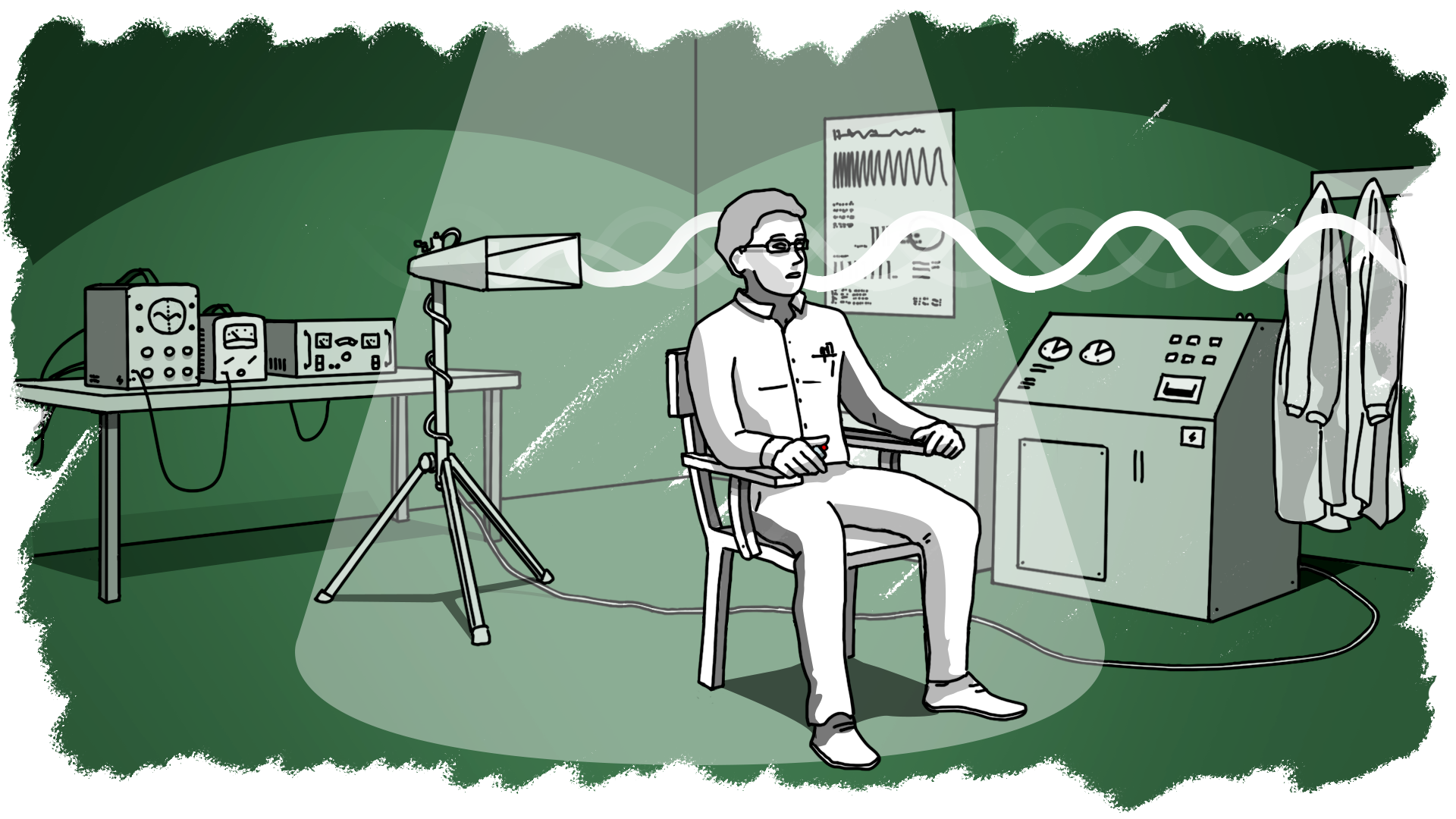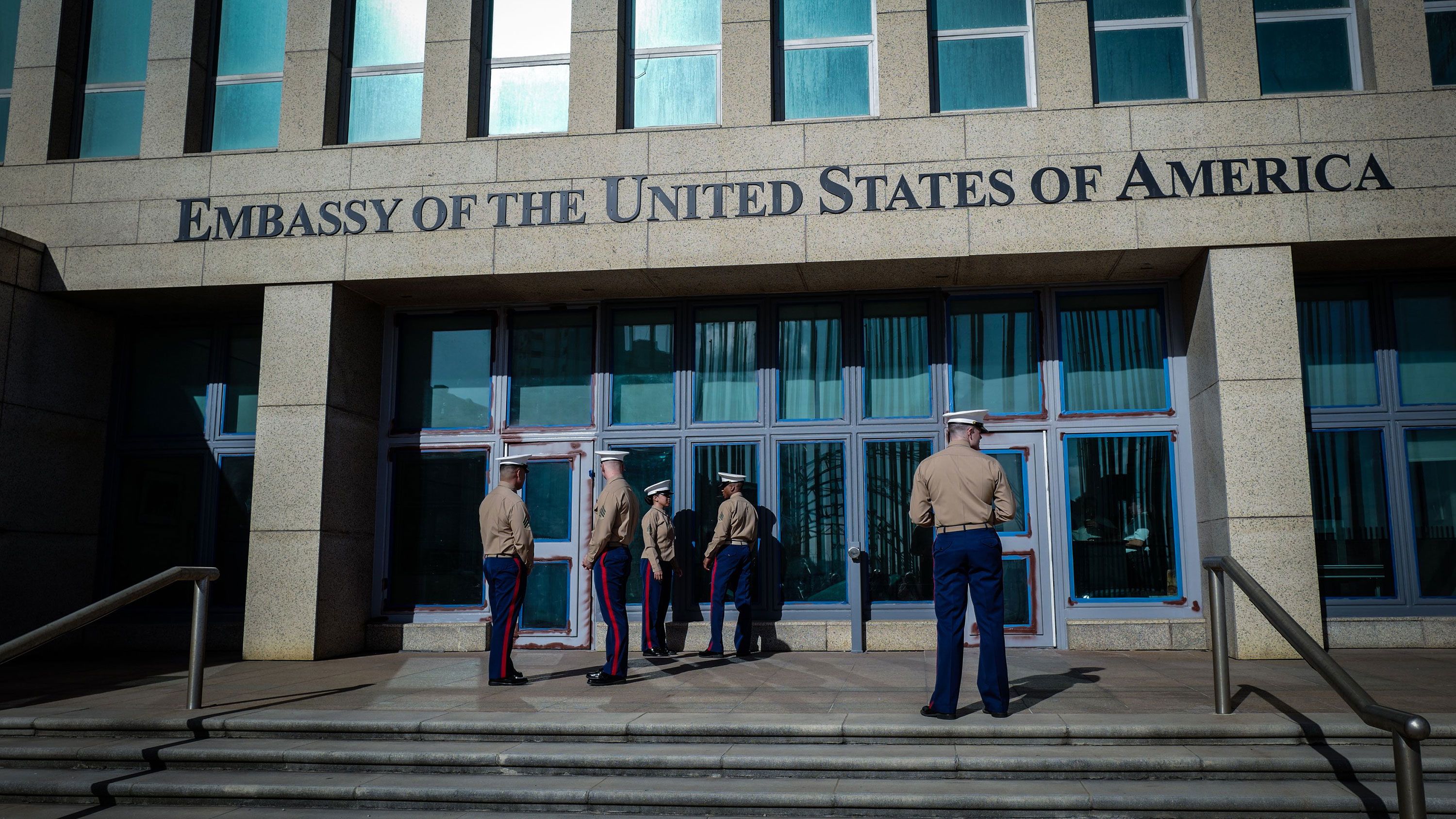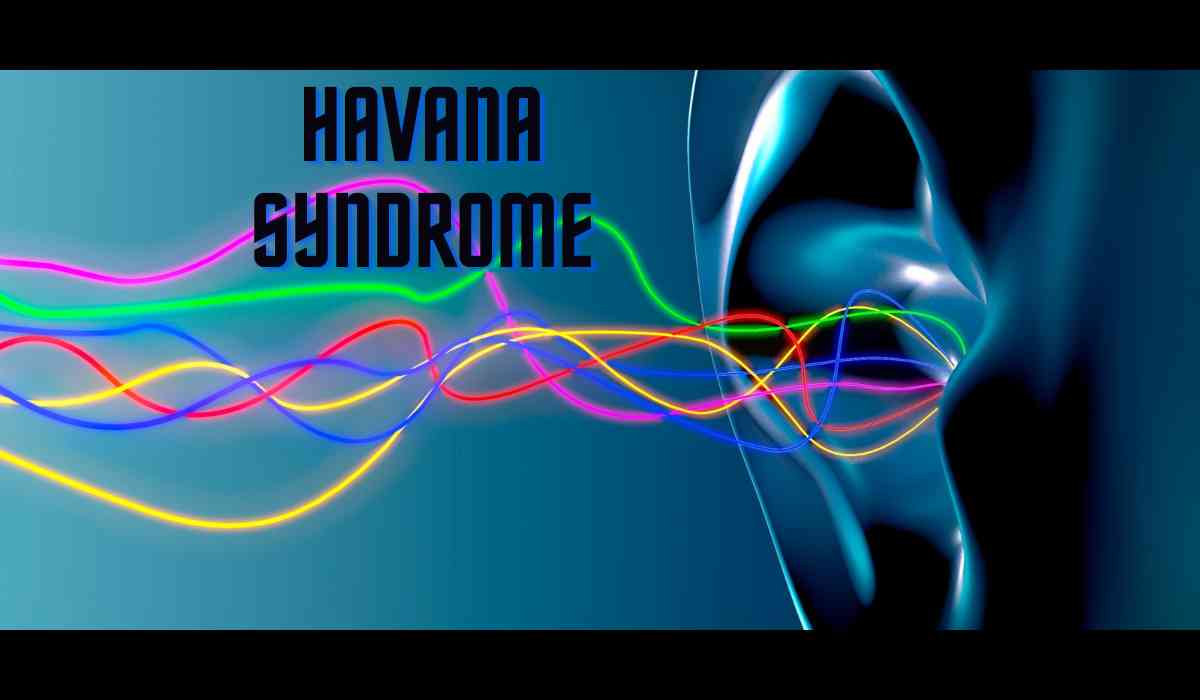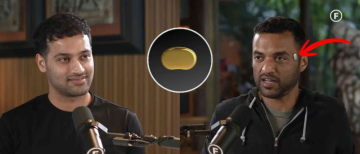The Indian government has pledged to explore the potential presence of 'Havana Syndrome' within the country, responding to a plea submitted by A Amarnath Chagu to the Karnataka High Court. The petitioner urged the government to investigate this phenomenon and implement preventive measures. The urgency stemmed from a 2021 incident involving a US intelligence officer who exhibited symptoms of the syndrome while accompanying CIA director William Burns on a trip to India.
Understanding Havana Syndrome
Havana Syndrome, a collection of mental health symptoms reportedly experienced by American intelligence and embassy personnel in various global locations, comprises symptoms such as hearing unidentifiable sounds, vertigo, nausea, headaches, memory loss, and balance problems. This term refers to the grouping of symptoms rather than a distinct medical condition. Originating in Cuba around late 2016, shortly after the normalization of US-Cuba relations and the opening of the US embassy in Havana, this syndrome puzzled officials who began encountering sudden cognitive and physical distress.

Global Cases of Havana Syndrome
Following the Cuban episode, similar incidents emerged among American intelligence and foreign affairs personnel stationed across the world. Reports of Havana Syndrome-like symptoms arose in China, particularly at the Guangzhou consulate in 2018. Similar cases surfaced in Uzbekistan and even within the US, including near the White House. Numerous cases, exceeding 130 in number, have been reported worldwide, extending to countries like Russia, Taiwan, and Colombia. Notably, even US Vice-President Kamala Harris faced delays due to this syndrome.
Causes of Havana Syndrome
The causes behind Havana Syndrome remain elusive. Initially attributed to a "sonic attack" stemming from strained US-Cuba relations, scientists later speculated that high-powered microwaves may have played a role. These microwaves potentially disrupt or damage the nervous system, leading to symptoms like sound perception, balance issues, and memory problems. While suspicions surround the use of specialized microwave-emitting devices, definitive evidence remains lacking.

Current US Perspective on Havana Syndrome
After extensive research and medical assessments, the US has not definitively confirmed the existence of the theorized "microwave weapon" responsible for Havana Syndrome. Questions persist regarding the mechanism of the alleged weapon and its selective targeting. Scepticism within the medical community suggests the syndrome might be a psychological ailment amplified by fear. A 2023 report from US security agencies also cast doubt on foreign adversaries' involvement in these incidents, leading to speculation that the issue could be leveraged for geopolitical purposes.

Havana Syndrome in India: A Singular Case
As of July 2023, India has only reported a single instance of Havana Syndrome, involving the 2021 incident mentioned earlier. Indian security sources have denied knowledge of possessing such advanced counter-espionage technology, noting the potential diplomatic repercussions if such capabilities were revealed. While addressing suspicions of foreign involvement, experts question the rationale behind singling out the US and highlight the absence of similar reports from other nations. Despite the uncertainties, the enigmatic Havana Syndrome continues to intrigue and perplex.
© Copyright 2023. All Rights Reserved Powered by Vygr Media.






















